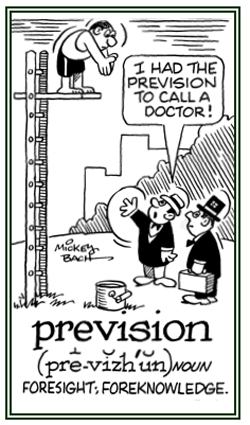-sion, -sions
(Latin: a suffix found at the end of some words that make certain verbs become nouns.)
If you need any information regarding the pronunciation system being used for the words in this unit, click on this Pronunciation Chart for a presentation of simplified American-English pronunciations.
2. Etymology: from Middle English and is derived from the Latin manumittere, "to set free"; from manu, literally, "hand" + mittere, "to release, to let go".
The freeing of slaves by an act of government; for example, at the end of the American Civil War.
Manumission dates back to ancient Rome. Popes, emperors, and minor landholders; all were counted among those who practiced it.
During the Middle Ages serfs were freed through a form of manumission which was a process that differed from time-to-time and from lord-to-lord.
High productivity, loyal service, or even buying their way out of service were all reasons for which slaves or serfs received their freedom under manumission.
In ancient Rome, freed slaves were not "freeborn" and were still required to grovel in the presence of their former masters.
During the Middle Ages serfs, who had obtained their freedom and farmland, would often give up their land in troubled times in exchange for the protection of their former feudal masters.
In times of bad harvests, serfs could find themselves, once again, attached to the land of a noble because of the lack of any other means of survival.
For these reasons, manumission is not any where near the same as "emancipation".
2. An interference or an unwelcome interruption: During staff meetings at schools, obtrusions by students, parents, a secretary, or even the janitor are not allowed.
There was an important omission in the special report and, because it was so significant, the other staff members wanted to know why it wasn't there.
It was a serious omission that the military newspaper forgot to add an article about General Oliver's new rank as the base commander.
2. A personal belief or judgment which is not necessarily based on proof or any thing that is certain; especially, for having good reasons for doing it: Lynn was convinced that her father’s persuasion of going to the fitness studio and exercising as often as possible was justified.
2. In mathematics, the correctness to which a calculation is performed, specifying the number of significant digits with which the result is expressed: The engineer checked the precision of the measurements of his sensitive equipment to make sure it was still reliable.
3.The requirement of great exactitude: Being a TV news reporter necessitates perfect precision to be at the right spot at a specific time for a broadcast.
4. Perfect accuracy and correctness when performing business dealings: Bank clerks have to show great precision when they take care of the accounts of their clients.
2. A pseudo claim or profession: Sally’s pretension about being the most famous pianist in the whole world was just one of the dreams she had.
2. The process of predicting or forecasting; such as, by reasoning or a premonition about the future based on facts, figures, etc.: Reginald's prevision that economical conditions could cause a bad financial situation for his family resulted in his saving enough money to provide for their well-being for years to come.


Go to this Word A Day Revisited Index
so you can see more of Mickey Bach's cartoons.
2. The act of moving ahead toward a goal: The college students were in a procession to the football stadium in hopes of seeing their team win the championship.
2. The members of a particular occupation: Many students at the college decided to go into the teaching profession, thinking that they could improve the motivation of the children in their neighborhoods.
3. An affirmation of a religious conviction or faith: Greg and Susan believed their marriage would last forever since they had the same spiritual-minded profession of belief which they lived by respectfully.
2. An extravagant amount or bounteous outpouring: Jeanette loved to take walks in the spring and enjoyed the profusion and multitudes of blossoms in the nearby park.
2. A continuous and connected series of actions, events, etc.: The progression of painting the house has been going on for days, but Jack and Jill are almost finished now.
The wind requires strong propulsion to blow trees down during a storm.
2. The act of thrusting forward or beyond the usual limit: Strong protrusions with his legs were necessary for the diver to get him back to the surface of the lake again.
3. Something that bulges out or projects from its surroundings: The protrusions on the side of the cliff made it possible for the mountain climber to get to the top by grabbing and holding on to each one as he climbed higher.


